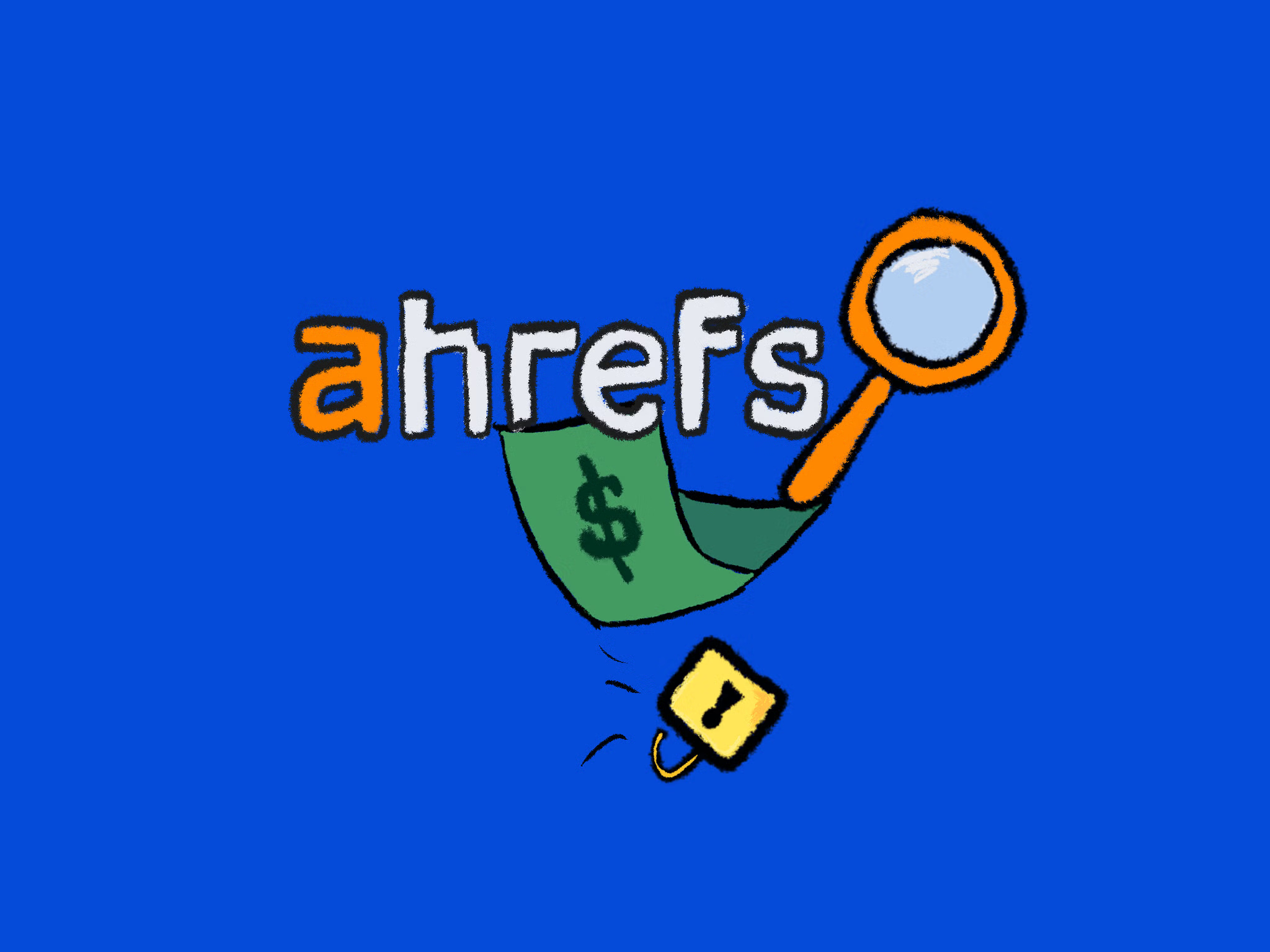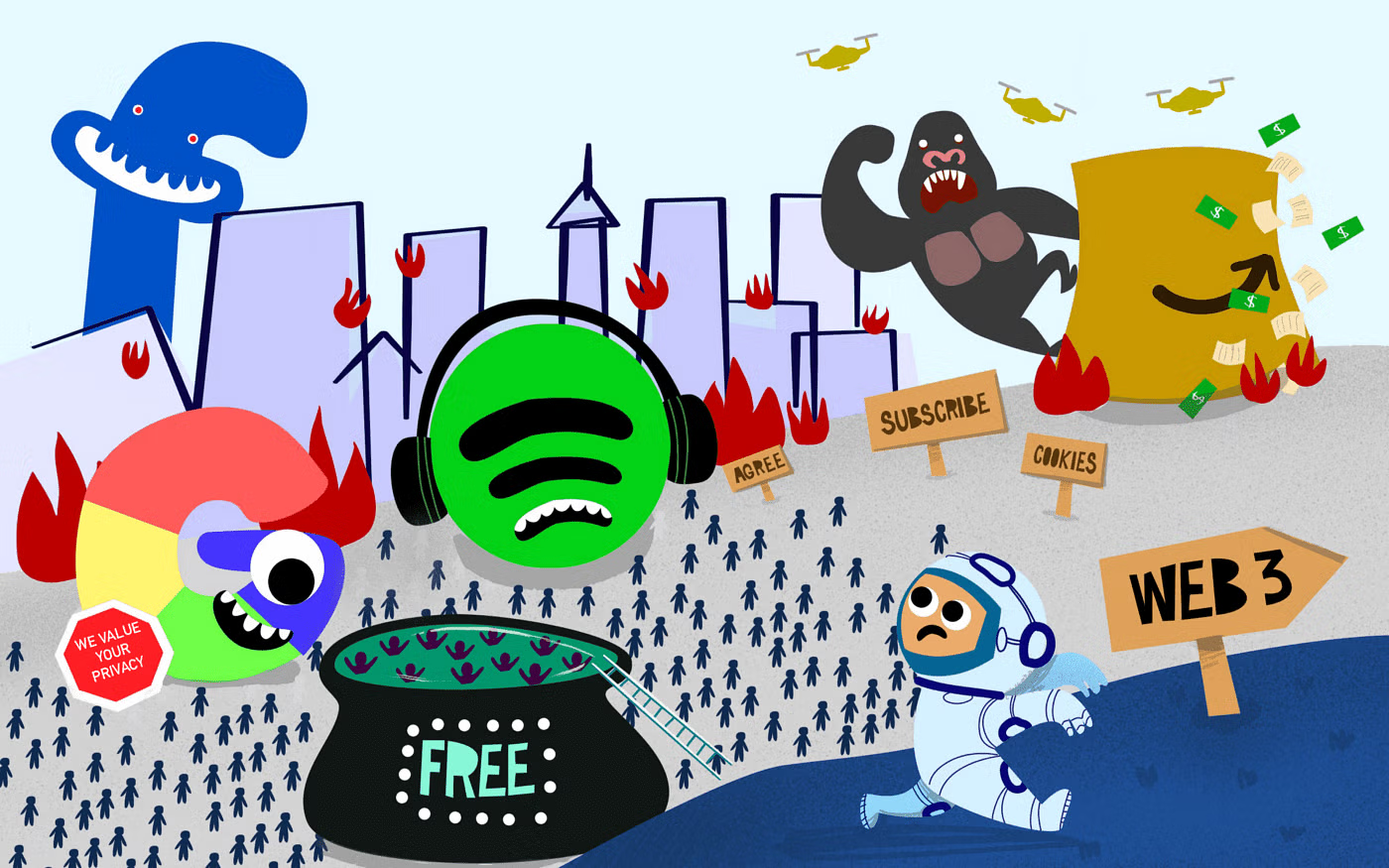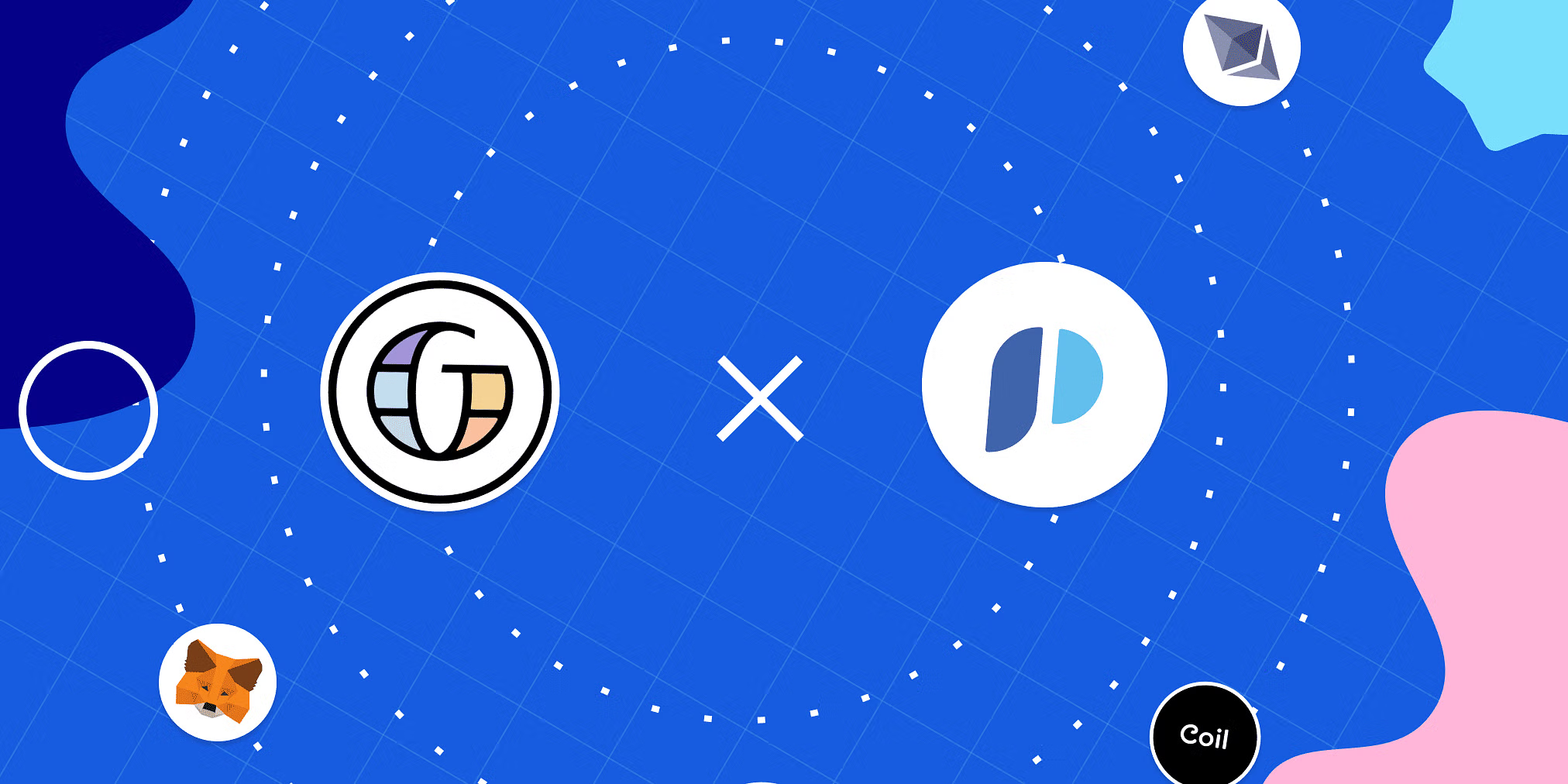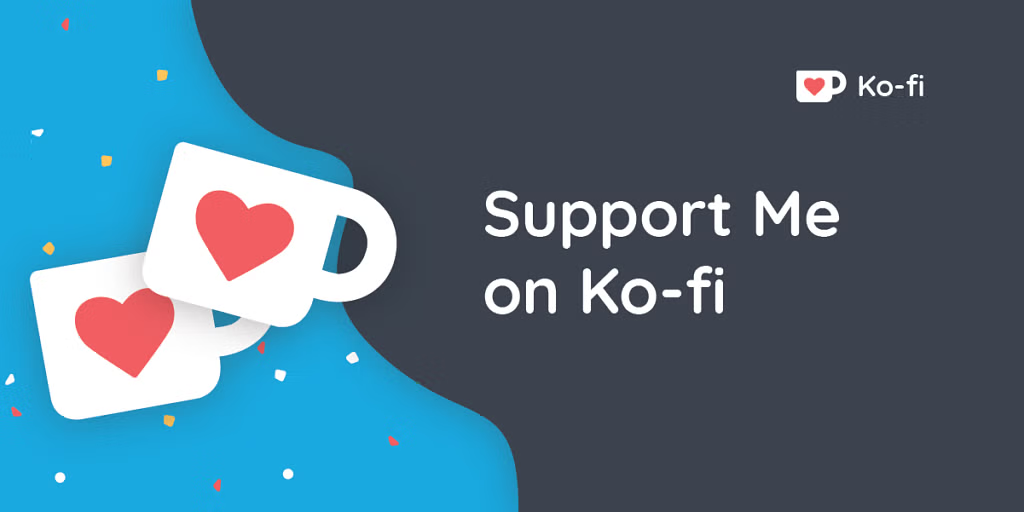What if search engines paid the people who appeared in their search results? $150 billion of Google’s $260 billion revenue (rounded figures) comes from search advertising, according to Statistica. What if some of that money was used to pay creators who make search results possible?
What if search engines paid the people who appeared in their search results?
That’s exactly what a new search engine called Yep is planning. Created by bootstrapped company, Ahrefs, Yep aims to treat talent in the search industry more fairly.

Yep's plan is not dissimilar to YouTube’s ad revenue sharing model, where profits are split between the platform and its creators. However, in stark contrast to YouTube's self-favouring split, Yep will much more significantly favour creators, paying them 90% of the ad revenue:
Yep uses a 90/10 profit share business model where 90% of advertising profits are paid directly to creators. Yep.com

Characteristic | 2019 | 2020 | 2021 |
|---|---|---|---|
Google Search & other | $98,115 | $104,062 | $148,951 |
YouTube ads | $15,149 | $19,772 | $28,845 |
-
See the full data on Statistica

Improving search results
A search service that supports creators, whilst maintaining an open web is well overdue - just as I mentioned in my previous post on how search engines were being ruined by paywalls. Having spent over a decade indexing the web, Ahrefs couldn’t be in a better position to contribute such a solution with all their domain knowledge. Yep's search engine will use data that Ahrefs has been collecting for years to build its own web index and search service:
Ahrefs runs an internet-scale bot that’s been crawling the entire web 24/7 since 2010, storing, indexing and structuring petabytes of information. With this data, we created one of the leading SEO toolsets worldwide.
Wikipedia would probably earn a few billion dollars a year from its content. They’d be able to stop asking for donations and start paying the people who polish their articles a decent salary. - Dmytro Gerasymenko (Ahrefs founder), quoted by Haje Jan Kamps in Tech Crunch
Despite the story behind Yep (written by founder Dmytro Gerasymenko), there are of course skeptics as always - just check out this Hacker News thread.

Letter
The movement to a fairer web
Yep's launch sees Ahrefs as yet another new entrant in the movement to support an open and fairer web. There are a number of privacy led search engines taking on Google already, such as DuckDuckGo, and ad-free but paid solutions like Neeva.
The differentiator for Yep is that it provides an attractive new business model for creators. The drive to build alternative business models for the web is on the rise, and it goes beyond search too. Web browser, Brave, and the Web Monetization provider, Coil, are 2 more notable companies working to favour creators. Or as icthyoid puts it, there's now a ‘The Battle for the Next Monetization Paradigm’:
Brave is an open source, privacy-focused Brave browser, with a publisher programme that enables creators to earn money based on the time Brave browser users spend on their site. Brave also expanded to a privacy-first search engine earlier this year.
Coil is dedicated to building a better business model for the web through an open browser technology called Web Monetization. Web Monetization enables the streaming of micropayments to instantly flow to websites you spend time on.
At a time when corporate platforms such as Substack and Medium encourage bloggers (to the detriment of the open web) to monetise their thoughts, these recent initiatives, emerging technologies give hope to those who remember what the internet was originally about.
They're also all privacy-focused, and actually do value your privacy, unlike those data hungry sites.

In all, by paying creators fairly, there'll be less need to gate content behind paywalls, or ask for donations - this search engine promises change for creators and web users alike. Will it be good or bad? Time will tell, but for now, try it out and read about it. Let us know what you think.
Related Prototypr reads:

If you enjoy this, subscribe to the newsletter here as I'll be contributing more on Prototypr. You can also find me on twitter @robdiazzz












